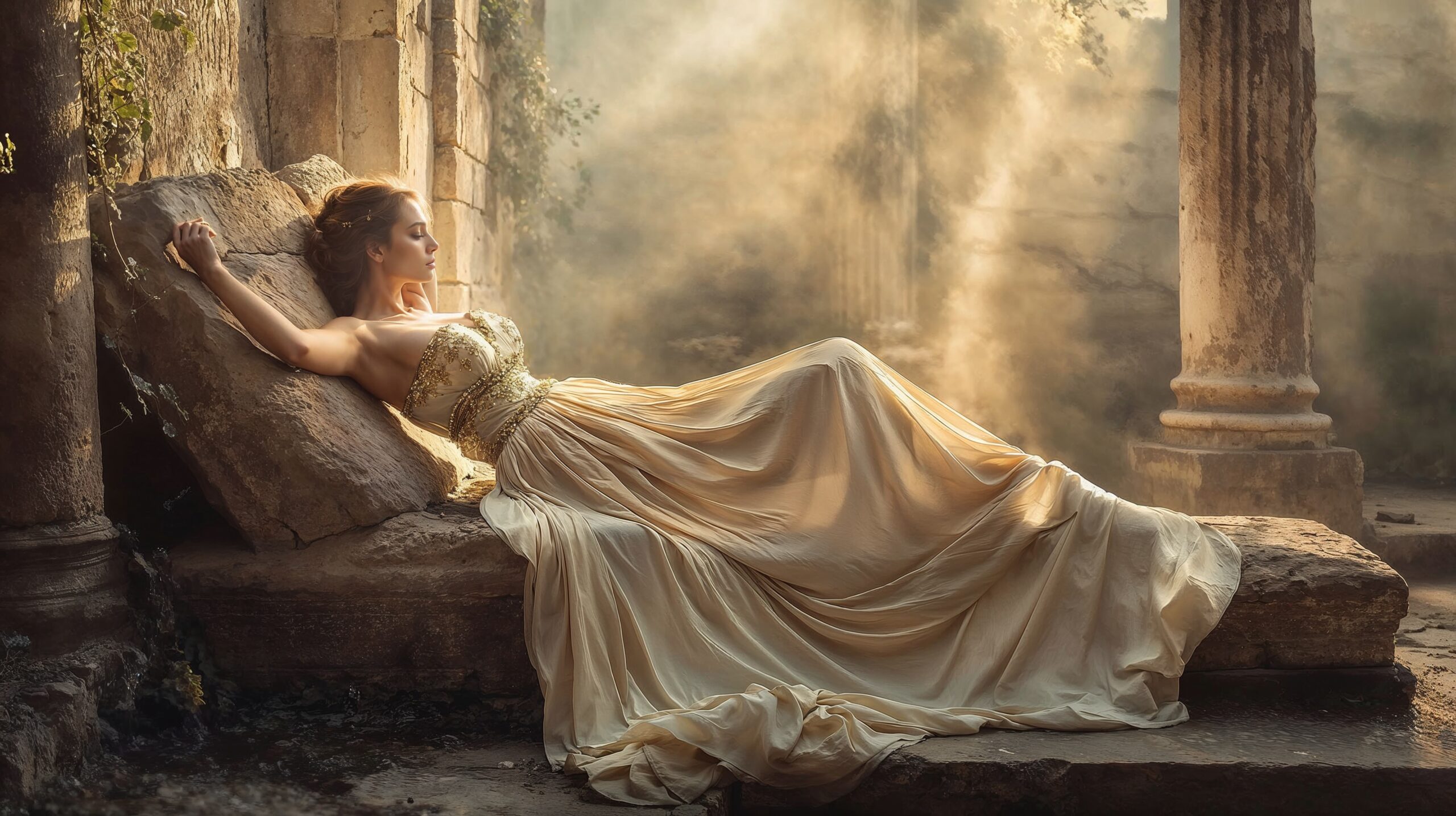
This Is How We’ll Create From Now On | AI Filmmaking
Thoughts on AI filmmaking, creativity, and where we’re headed.
I’ve been a creative my whole life. Film, Photography, Animation, storytelling, visual direction, whatever form it takes, I’ve always needed to make something. So when AI tools started becoming available, I didn’t see it as selling out or replacing anything. I saw it as adapting. As creators, we’ve always had to evolve. And this is just the next step.
But I get why it’s hard for some people.
Right now, if you say you’re using AI, especially in the art or film world, you get labeled. You’re not a “real artist.” You “never touched a pencil.” You’re “cheating.” And honestly, that kind of response can make it feel like you’re doing something wrong just for experimenting with a tool that might actually change the world forever. In most cases, I think they’re right.
And yet, despite the backlash, I still use it. Not because it’s trendy. But because it works.
AI helps me get ideas out of my head faster. I can prototype, direct, visualize, and sometimes even finish things on my own. Without a crew, a studio, or a budget. That’s powerful.
But it’s not all exciting. There’s also a strange anxiety that comes with it.
What I learn today might be obsolete in two months. The pace of innovation is insane. Just when you think you’ve figured out your workflow, a new tool drops that changes everything again. It’s overwhelming.
Still, fighting it feels pointless. AI is already doing things faster, better, and at a scale we can’t match manually. Whether we like it or not, this is where everything is headed. The question isn’t if it’ll change how we create, it’s how much.
What AI Means for the Industry
A lot of people are saying “AI is going to kill Hollywood.” I don’t think that’s true.
If anything, I think it might actually save it.
Right now, making a blockbuster film is risky business. You spend hundreds of millions just to get it off the ground, and you have to make a billion just to call it a win. That’s not sustainable. AI will cut down on costs. Not just for VFX, but pre-production, writing, storyboarding, sound design, and maybe one day, even performance capture. But that also means a lot of artists will lose work. We’re all going to have to make necessary changes. Not just as specialists, but as creative directors who understand vision, storytelling, and how to use these tools better than your average AI influencers. Sure, there will be new jobs in AI, but probably not enough to replace the ones we’re going to lose. That’s a whole conversation on its own.
There’s another problem with this. When tools get easier, the playing field doesn’t necessarily level out. It tilts.
Because when everyone can use AI, then the ones with the most money and infrastructure will use it better than you. So no, this doesn’t destroy Hollywood. It makes them richer and it puts those who rely on Hollywood, out of work. Studios can move faster, spend smarter, and iterate more freely. The real impact is on the middle; the freelancers, the indie creators, the small teams. We get access to tools that used to cost millions. That’s game-changing for us.
But it also means more competition.
Now that anyone can make something, everyone will. We’re entering a sea of content. So much of it will get lost. But here’s the truth. Good content, whatever that means to people (or the algorithms) still stands out. It always will. The bar just keeps moving.
A Place for Both
I still think there will always be a place for traditional work. Painting, practical filmmaking, photography, animation. They’ll never fully die. In fact, I think as AI grows, those things become more appreciated. Nostalgia always clings to the things that machines can’t quite replicate with soul.
But for creators like me who just want to make something without waiting for a greenlight, AI is freedom. I can build shows, direct stories, compose soundtracks. I don’t need a gatekeeper to say yes. I just need an idea and some time.
I’m not saying it’s perfect. I’m not saying it won’t get dirty.
There are still a ton of ethical questions: copyright, originality, deepfakes, misinformation. Those are real concerns. But while everyone’s arguing, the tools are getting scary good. Quietly. Relentlessly.
And whether we’re ready or not , this is how we’ll create from now on.
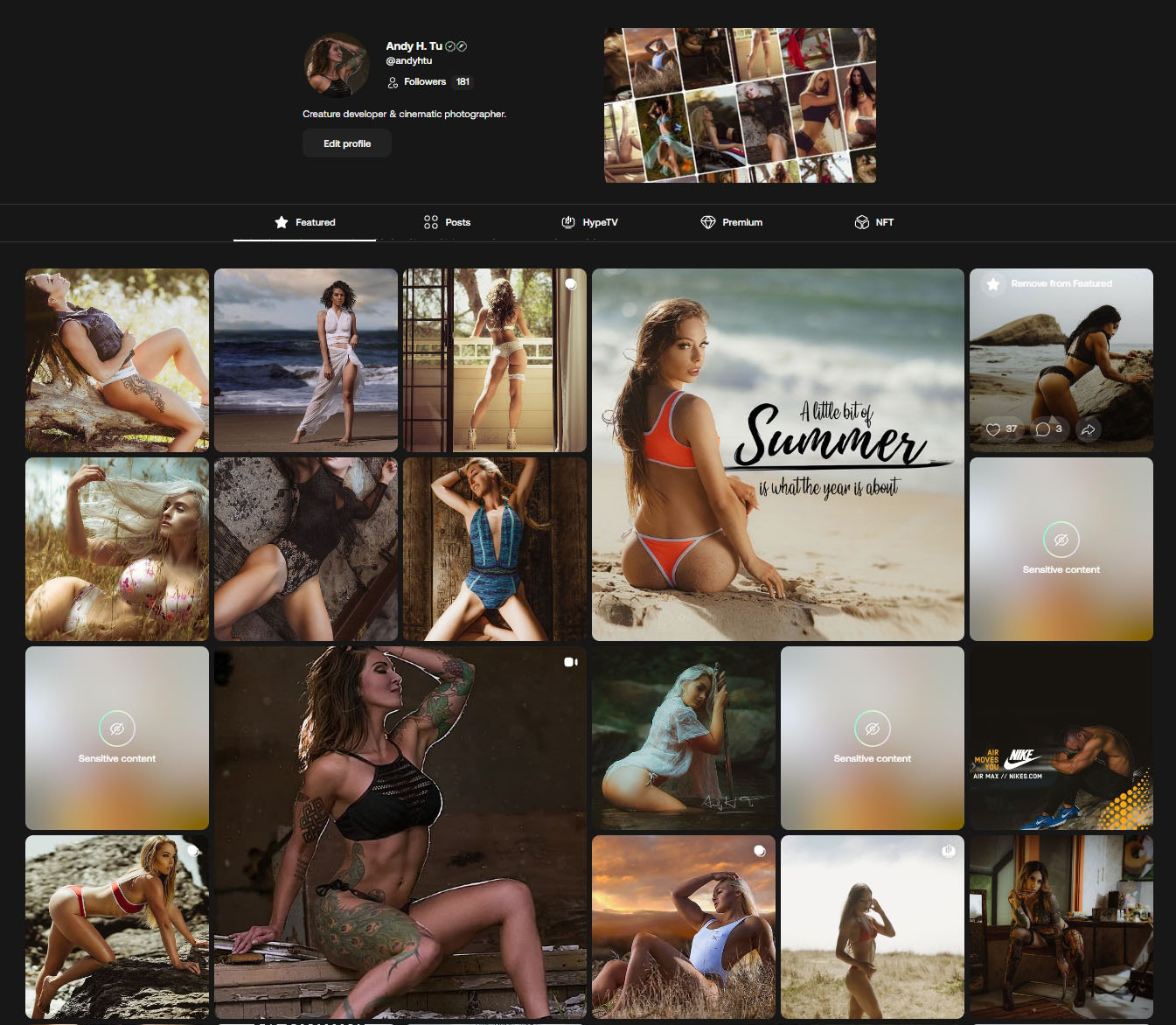
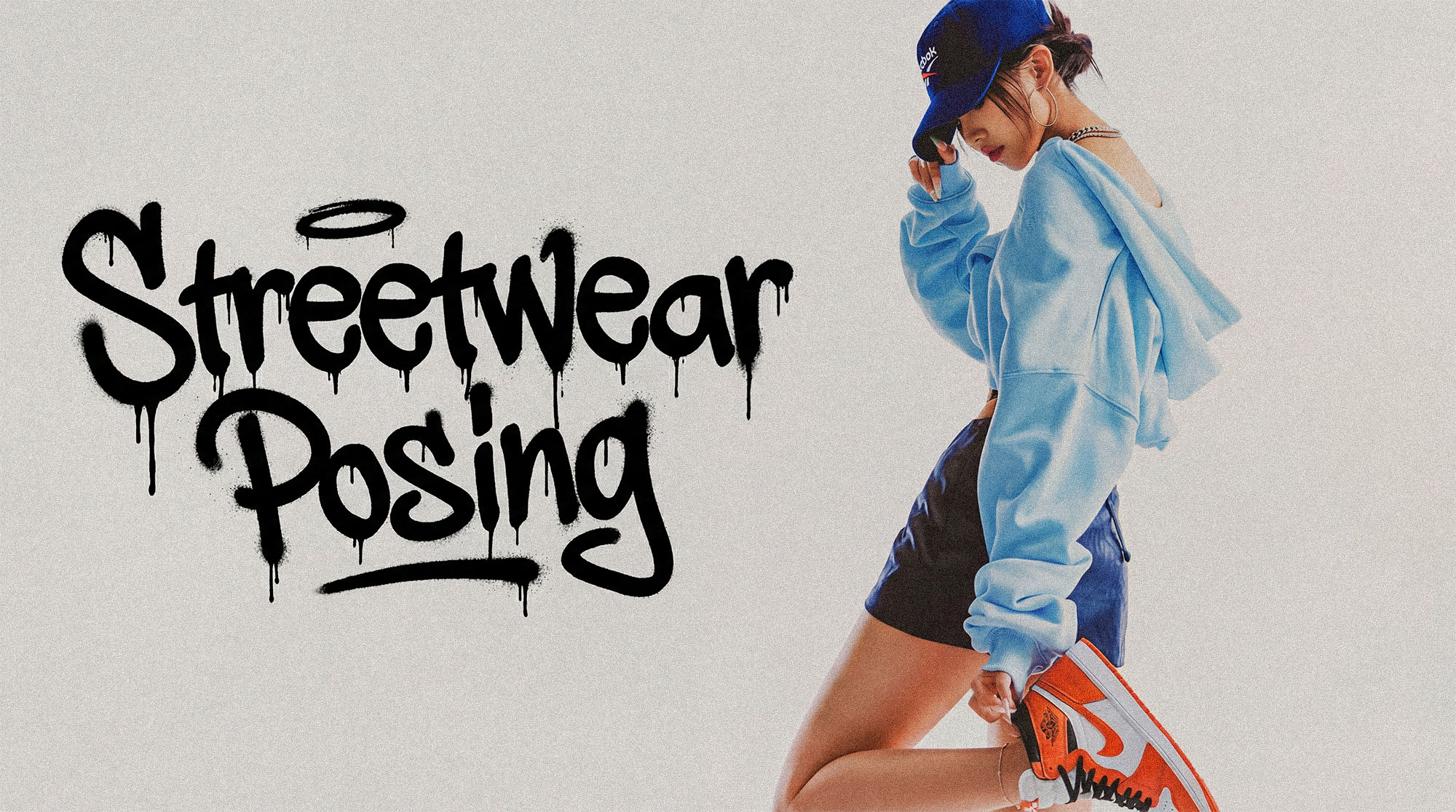
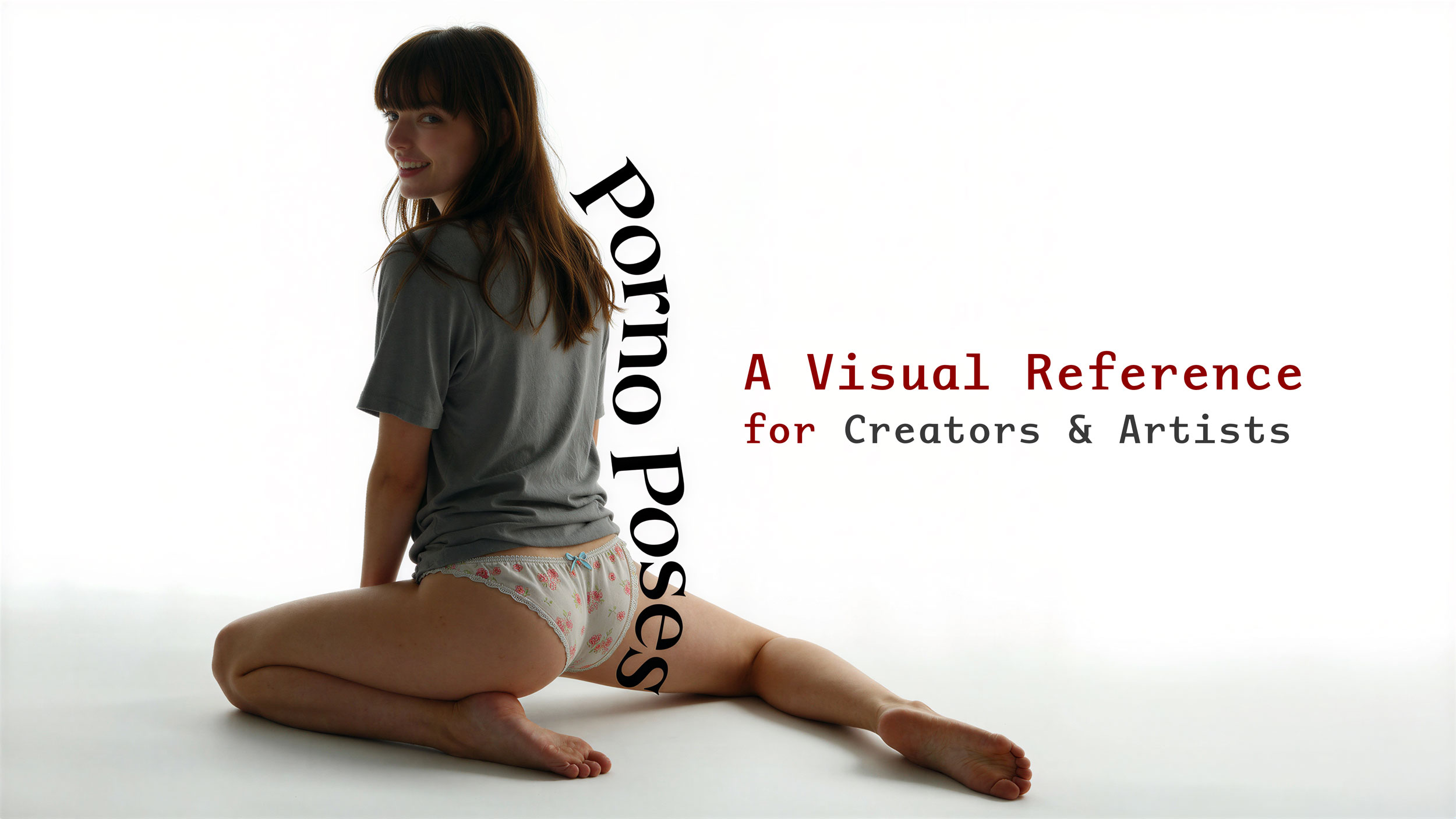
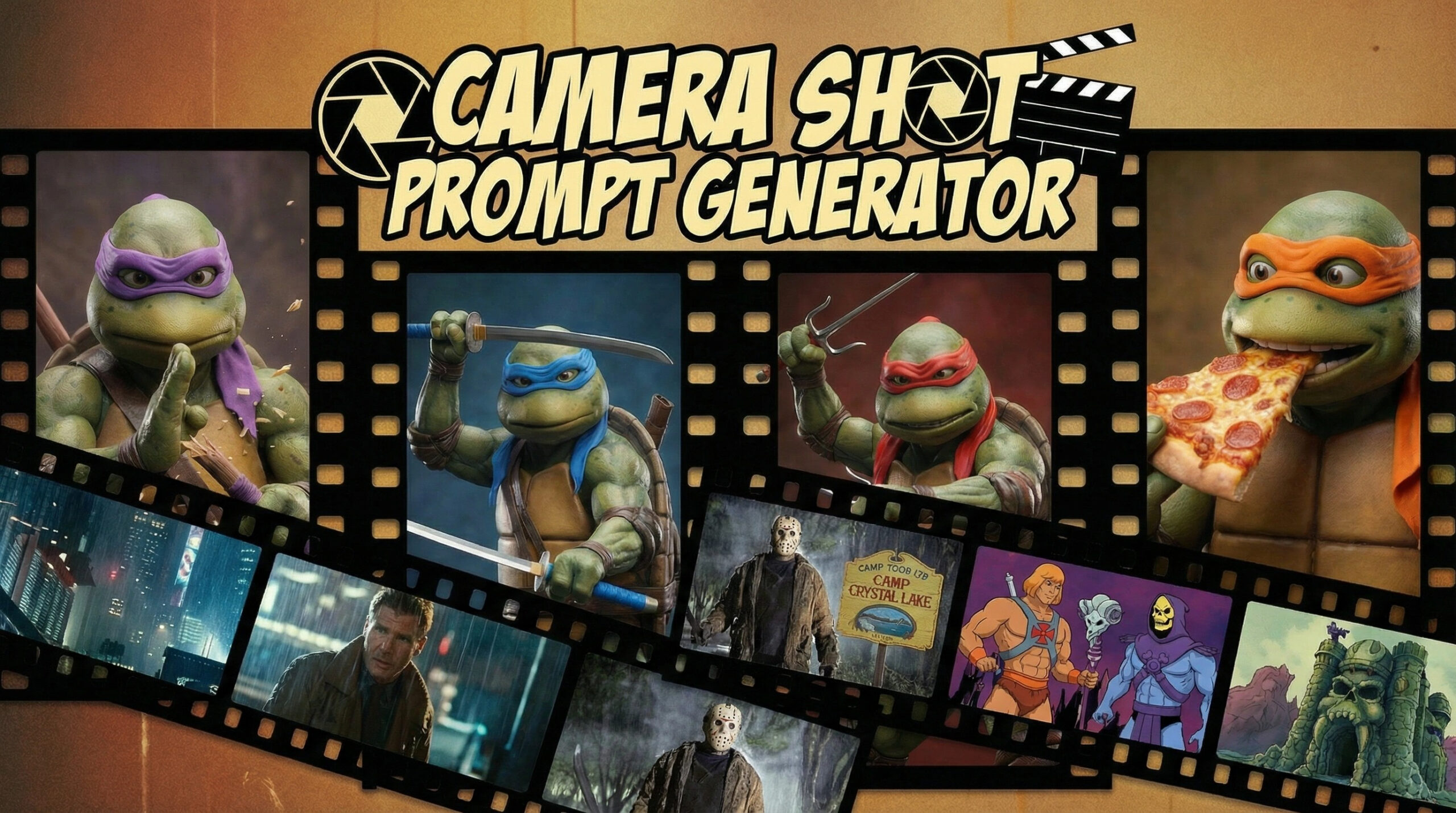

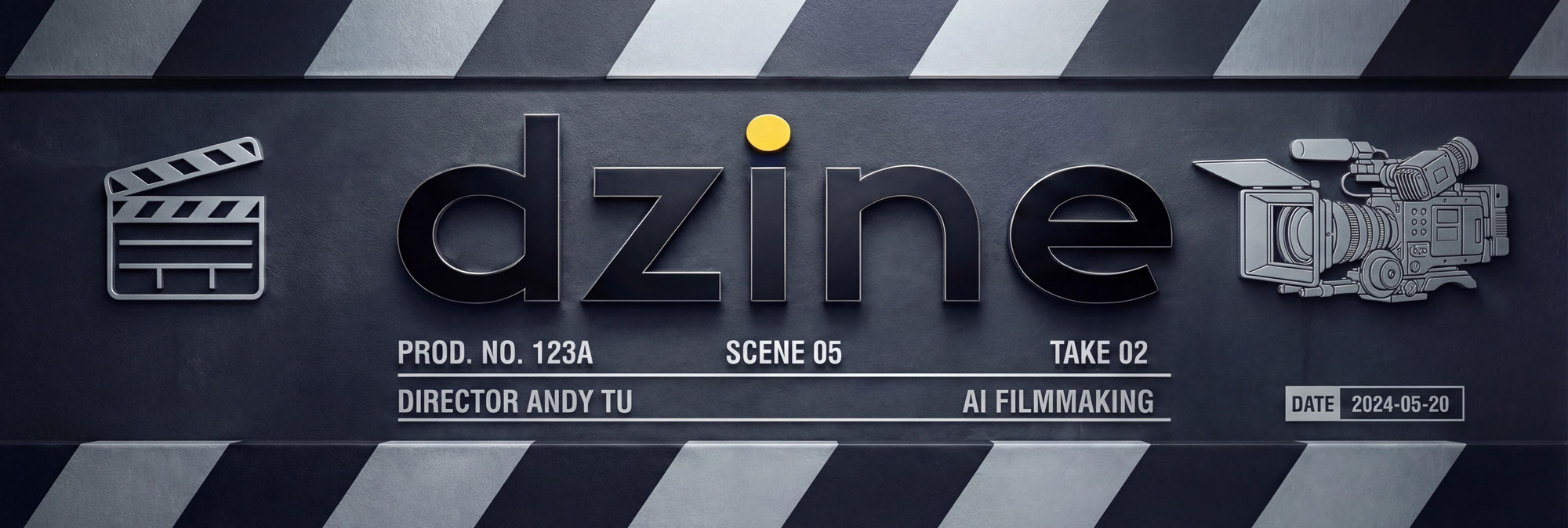
Leave a Reply